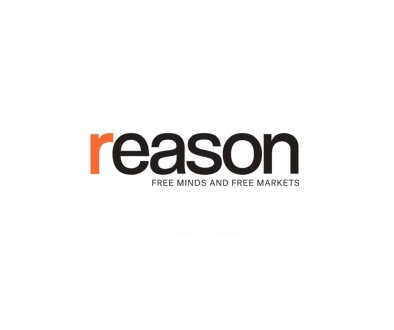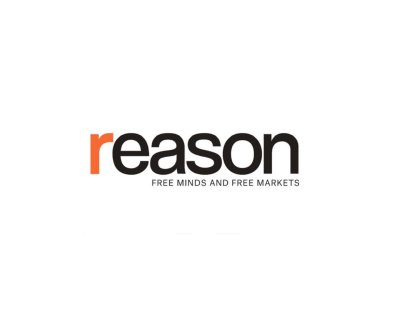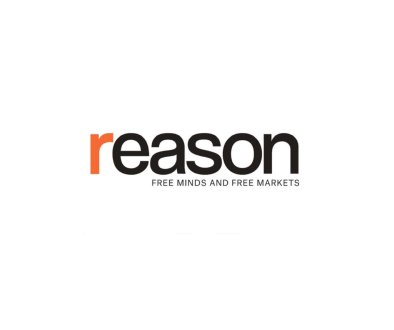Make Cars (and Everything Else) Cheap Again
Tariff price shock absorbers: In 2019, the average price of a new car in America was less than $40,000. But in the years since the pandemic, prices of new vehicles have risen rapidly. As of October 2024, the average price of a new car was more than $47,000.
Incoming President Donald Trump’s threatened tariffs could raise those prices by nearly $3,000, according to an estimate from Wolfe Research, since the cost of tariffs is likely to be passed on to consumers.
That estimated price hike would be a direct result of Trump’s proposal to erect 25 percent tariffs on goods imported from Canada and Mexico. As The Wall Street Journal reports, the additional import taxes would hit low-priced vehicles especially hard, since many auto manufacturers have moved production of less expensive, low-profit-margin vehicles to Mexico.
Auto manufacturing labor in the United States is expensive, but it’s considerably cheaper in Mexico, so vehicles that retail for less than $30,000 new—a rapidly disappearing segment of the market—would be hit hardest. (At this point, there’s literally only one vehicle that retails for less than $20,000 new in the United States, the Nissan Versa.)
About a third of the cars priced less than $30,000 are built in Mexico, the Journal reports.
Trump spent much of his presidential campaign pounding Democrats generally and the Biden administration specifically for policies that contributed to skyrocketing inflation and high prices. So it’s bitterly ironic that Trump’s signature economic proposal, the imposition of new tariffs, would similarly contribute to higher prices.
On the campaign trail, Trump promised to bring auto manufacturing back to the U.S., saying that if elected, his presidency would herald “the launch of a new American industrial revolution.” He promised to make interest on auto loans fully tax deductible, a plan that didn’t make a whole lot of sense.
Trump made a lot of promises. We’ll have to wait and see what he actually does.
But one of the few issues he’s been consistent on over the years is opposition to foreign trade, which he seems to view as a zero-sum game in which Americans lose. Yet his trade proposals, if implemented, would almost certainly cost Americans a lot of money.
There’s an obvious political lesson to be learned from the last few years: Americans hate high prices. Yet neither party seems to have learned that lesson. If there was a party simply committed to eliminating regulations, taxes, trade barriers, and so forth that artificially raise prices, I predict it would do very well.
Wassup, Superfund: Remember Superfund? (No, not Superfriends.) It’s back, sort of. Only in New York!
Yesterday, New York Gov. Kathy Hochul signed the Climate Change Superfund Act into law. The act would force fossil fuel energy companies to pay into a fund to offset the cost of expensive weather damage. (A similar law was recently passed in Vermont.)
Many of the specifics are still T
Article from Reason.com

The Reason Magazine website is a go-to destination for libertarians seeking cogent analysis, investigative reporting, and thought-provoking commentary. Championing the principles of individual freedom, limited government, and free markets, the site offers a diverse range of articles, videos, and podcasts that challenge conventional wisdom and advocate for libertarian solutions. Whether you’re interested in politics, culture, or technology, Reason provides a unique lens that prioritizes liberty and rational discourse. It’s an essential resource for those who value critical thinking and nuanced debate in the pursuit of a freer society.




